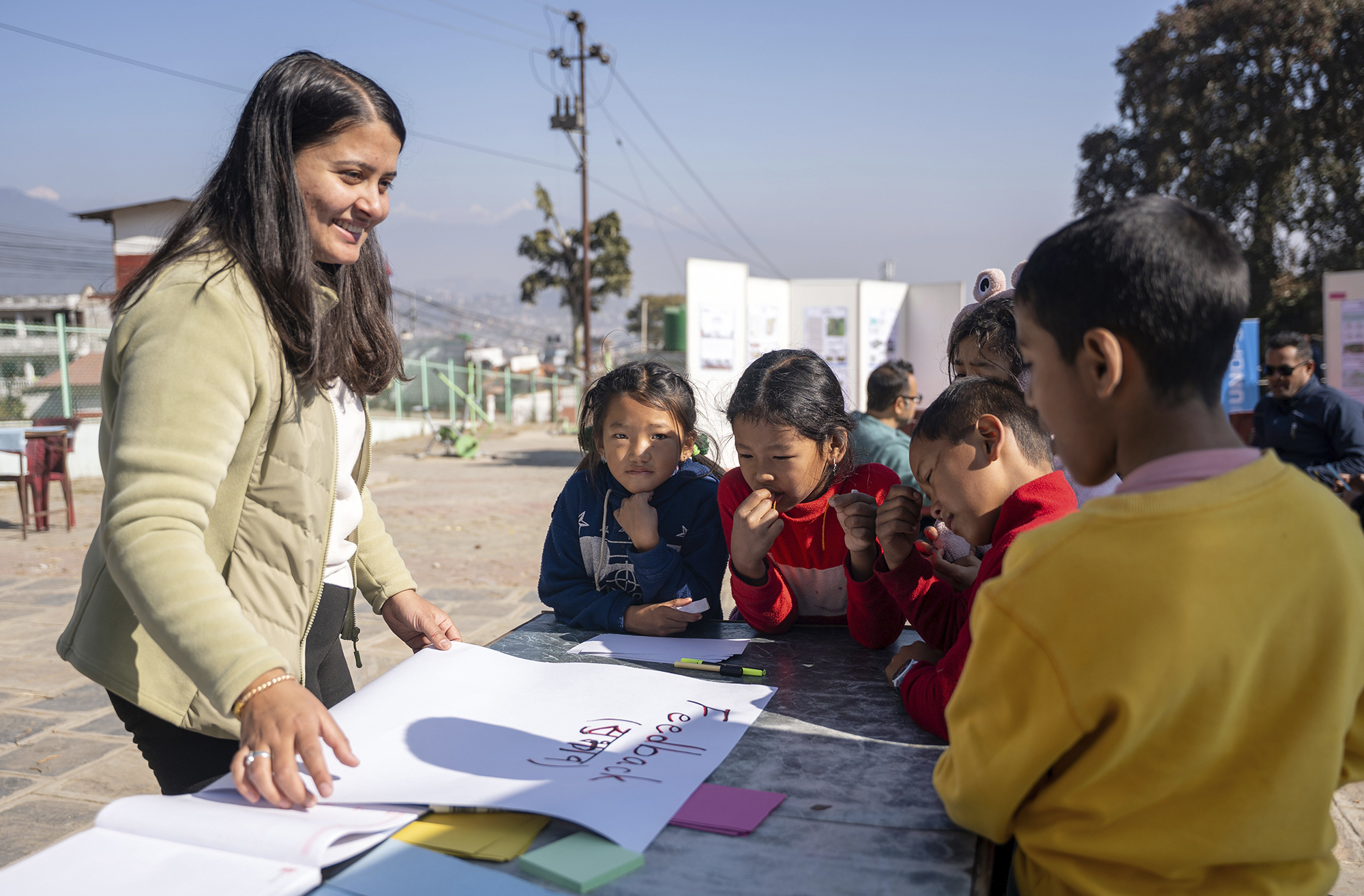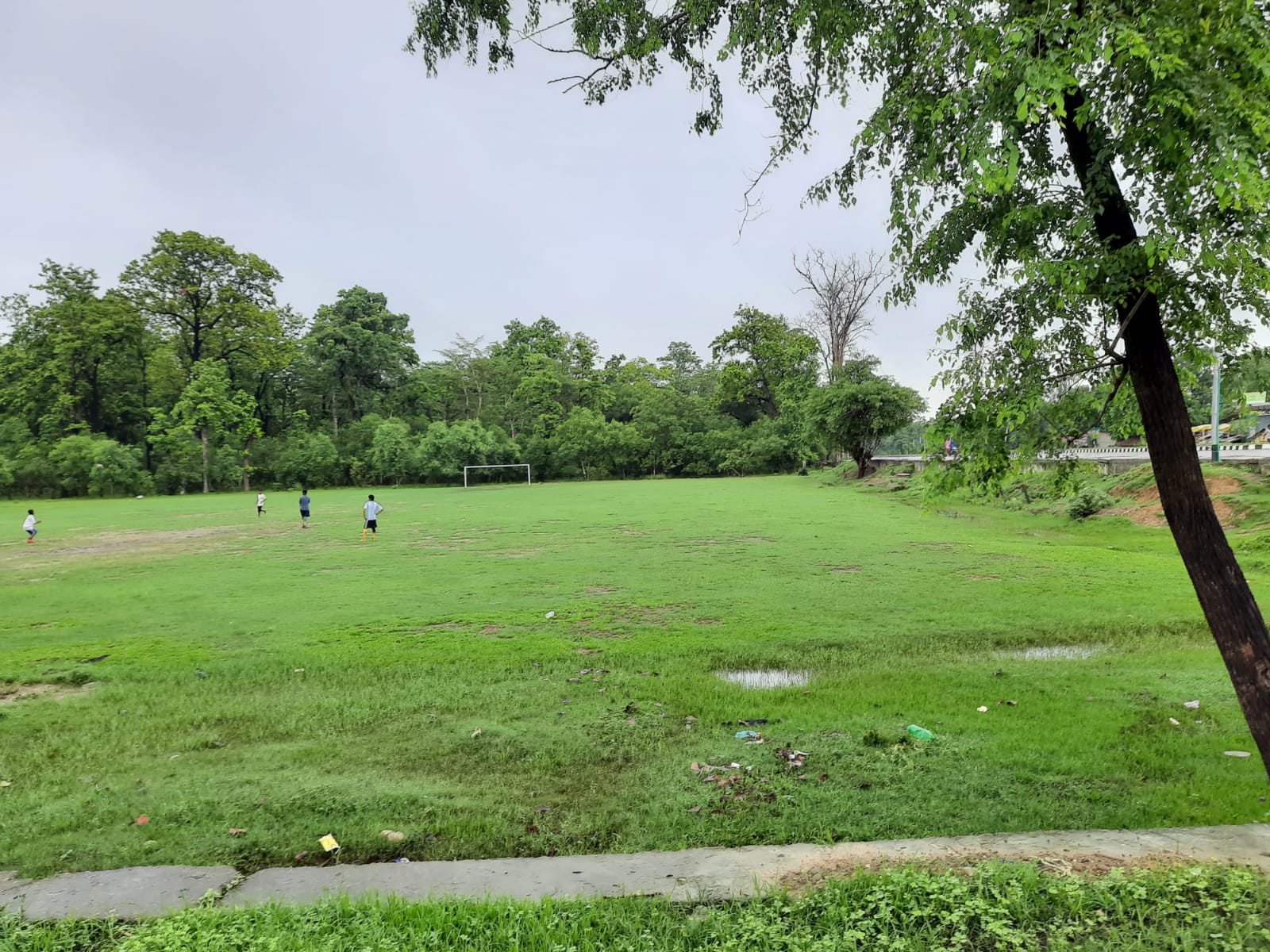By Andrea Haefner, Cities Alliance Programme Unit
[July 23, 2018] -- We are living in a time in which more people are on the move than ever before. Yet, we are also living in a time in which fences are built higher, anti-migrant legislation has never been more popular, and an increasing number of migrants are deported back to their countries of origin.
One such country is Guatemala. It receives close to 100,000 involuntarily returned migrants each year, mostly sent from the United States. Like many other cities, the municipality lacks the capacities to absorb the deportees in a way that generates social and economic inclusion. With no source of economic income, many of the involuntarily returned end up in in encampments or precarious living conditions, stigmatised by the rest of society.
This approach means that the city is missing out on the many opportunities returned migrants bring. A city can harvest the skills and knowledge the migrants acquired abroad and build on the ideas and new labour force they offer. If integrated and provided with the necessary support, migrants have the chance to transform and take an active role in the city’s development.
This is precisely the logic the Cities Alliance supported through its 2015 Catalytic Fund call “Migration and the Inclusive City.” Eleven projects were funded with innovative policy responses and practical approaches that increase spatial, social and economic inclusion of migrants.
Integrating returned migrants into the labour force
In Guatemala City, the Fundación Avina started the first multi-stakeholder coordination on labour market integration of involuntarily returned migrants in the country. Twenty-seven stakeholders from the municipality, civil society, private sector, academia and international organisations joined forces to make better use of the actions and resources available to support the deportees.
The project offers a wide range of technical, vocational and soft skills training. Deportees can, for instance, take language classes, learn how to write a CV, or improve their skills on new technologies. At the same time, the project supports social entrepreneurs to realise their various business ideas.
Diego was one of the five entrepreneurs who received training and seed funding in 2017, and he has just started his own spice business. “The project has helped me a lot in assessing my own capacity and getting to know people who are experts in the field,” he said.
Besides building new capacities, the project developed an innovative certification scheme for previously acquired expertise. Many of the returned migrants gained useful skills abroad, such as construction, agriculture, or the English language. Yet upon return, they had no means to demonstrate these skills.
Today, Avina verifies and certifies the migrants’ expertise, helping them improve their job qualifications. “Participating in this certification of professional competences in construction is important for me because I now have a diploma which shows what I know,” shares Oscar, a returnee who lived in the United States for 25 years before being deported back to Guatemala.
To support qualified deportees in finding a job, the project also interviewed and registered more than 1,500 people in a database. Avina works with the private sector to identify job openings, and the foundation has successfully linked 160 people to formal employment so far.
The title of the project is “Guate te incluye,” or “Guatemala includes you” in English. Close to two years into implementation, we can see how this title is becoming a reality. Guatemala City is becoming a more inclusive place for deportees, one that builds on their skills, energy and ideas in a way that benefits the city as a whole.
Avina works with the private sector to identify job openings, and the foundation has successfully linked 160 people to formal employment so far.
Related Items
Promoting Social and Economic Inclusion for Returning Migrants in Guatemala
WATCH: Guate te incluye (Spanish video)




